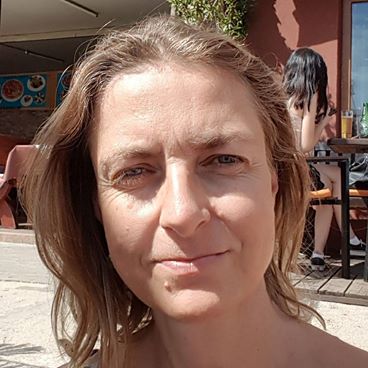Objavljeno Jul 13, 2018

A fb comment by Boštjan M. Zupančič, former ECHR judge from Slovenia to my blog entry (main document is in English*):
What Mr. Blaž Babič is saying mostly holds water. The situation could be compared to a triage at the ER, performed by nurses. Legal nurses decide on who will reach the doctor. Egidijus Kuris is an excellent judge, but he is forced to sign what the nurses set him up, while not knowing what he has signed in the first place, because he has no acces to the file due to the language barrier. (That's why the complaints to the ECHR should be filed in English/French).


Mentioned Ana Vilfan Vospernik has acchieved that the President of the ECHR has named her as 'non-judicial rapporteur'. Thus she has complete control over everything what comes from Slovenia to Mr. Kuris. Further down we have "lower echelon" of lawyers, such as Klara Jesenko, who check the complaints and recommend reasons for declaring the application as inadmissible, so they can ditch the case.
Whole operation is lead by one Karen Reed. (Karen Reid? Reid: Why is the European court of human rights hated by the UK right? )This "abuse of power" is mainly on for Central and Eastern Europe: from where the largest number of applications to the ECHR arrives, but this no longer goes for Slovenia.
---------------------------------------------------------
addendum: Ana Vilfan Vospernik is the granddaughter of Joža Vilfan, known communist figure, diplomat in the service of dictator Tito (https://en.wikipedia.org/wiki/Josip_Vilfan).
---------------------------------------------------------
* I wrote a constitutional case to the Slovenian Constitutional Court, regarding collection of signatures of voters, both for referendum demands (40.000) or the purpose of election candidacy. Main problem is that the executive branch of power (Ministry of Interior) controls every aspect of the signature process - both in time and venue aspect. (Administrative Units (AU) are open 8 hours per day, 5 days a week, and one has 35 days (5 weeks) to collect 40.000 signatures - SOLELY ON THE PREMISE OF ONE OF THE 70 AU in the country!!!! That sums up to 200 hours of effective collection time!) The Constitutional Court has avoided the deliberation via unlawful argumentation (they breach their own law!!). One of the judges, Mr. Marko Šorli, has explicitly opposed such a move by the other 5 members of the working tribunal of CC judges.
Jul 13, 2018